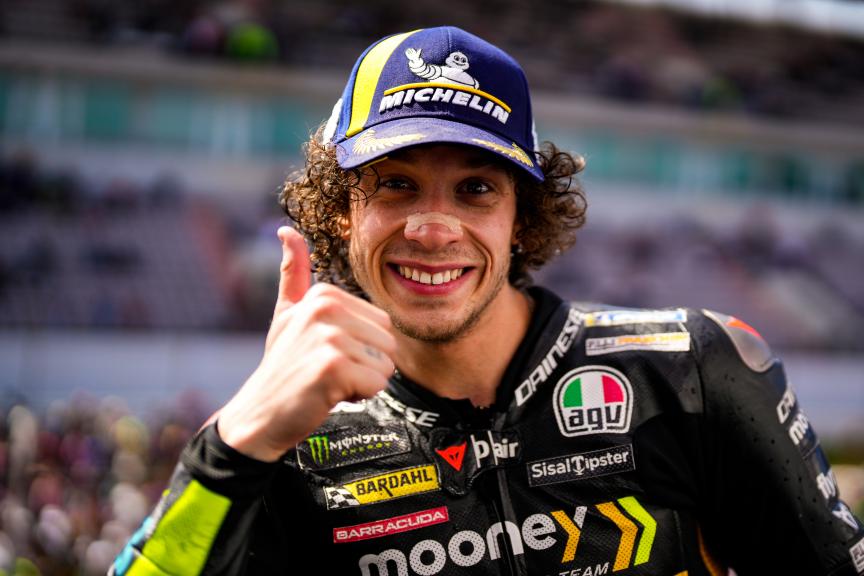It will be interesting to see what happens in the future. Liberty was able to convince the car-crazy United States that F1 was good entertainment. MotoGP is a bit different. The US is not really bike-crazy anymore--that ship has sailed now that we no longer have soldiers and contractors returning home with fat wallets and devil-may-care attitudes. However, the US does have a rich history of competitive success in the motorcycle grand prix championships, unlike Formula 1.
I do believe that motorcycle racing is inherently undervalued. Riding grand prix motorcycles is visually dramatic compared to piloting a car. The attitude of motorcycles as they navigate a track is much more dramatic than cars. Since the bikes are much smaller, they are also give a greater sense of speed at the trackside, imo.
The headwind for MotoGP is that it has moved so far in the wrong direction, it's unclear if and when a marketing blitz would be effective. During the 2024 MotoGP season, Ducati won every race except COTA. The 2027 rules package might improve the sport, but it's not guaranteed, and the bikes will probably outrun the tracks again in short order. There are no overtaking gimmicks in the pipeline, and front end grip will still probably be aero-dependent in 2027. Liberty does not have a viable track in Florida or California, nor do they have anything suitable in the Northeast.
Maybe Liberty's growth strategy is not US specific. Maybe growth is not the short-term goal. Perhaps the main play is operational efficiency, like combining GP and SBK, though I hope that doesn't happen. The number one problem they have to solve is bikes outrunning the tracks. You can't get money off of track owners and local governments, if you demand $10M in circuit improvements every half decade to deal with higher cornering g's and shorter braking areas.

